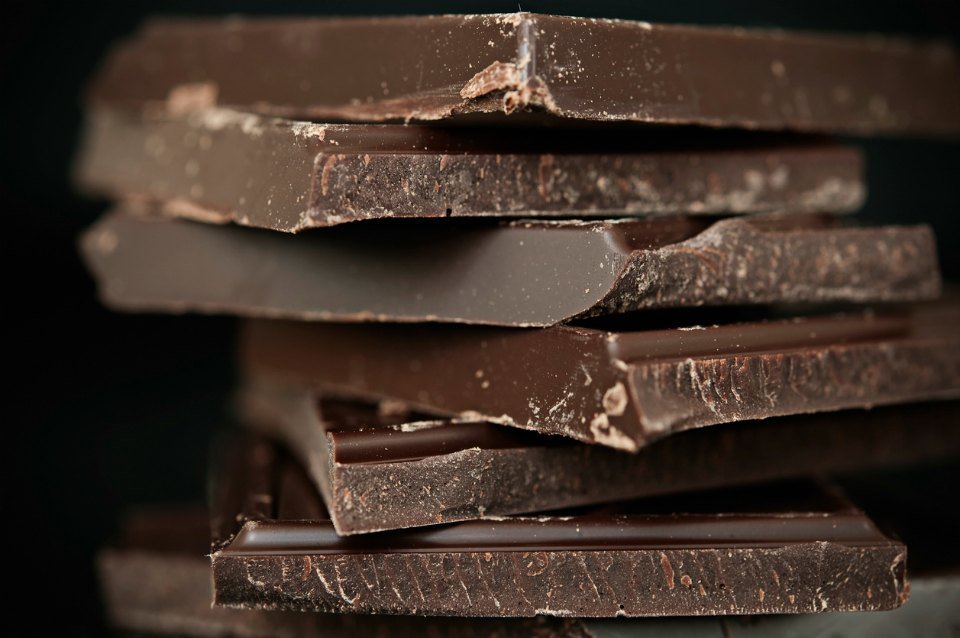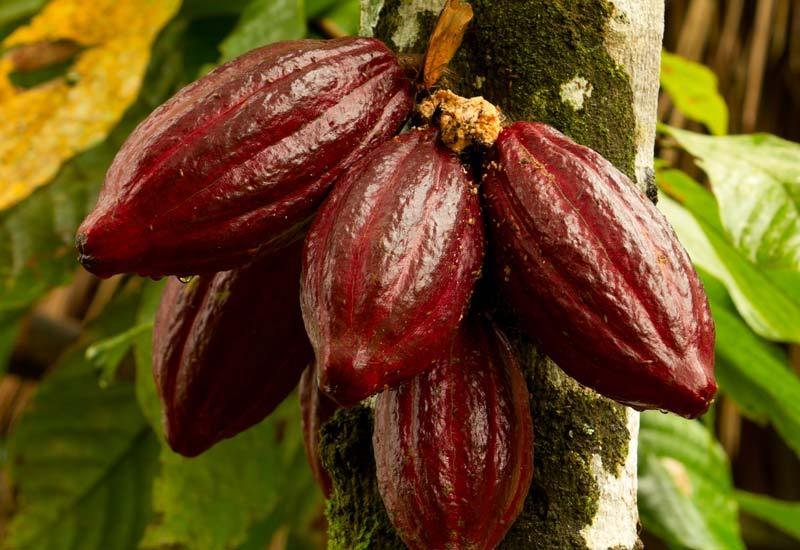
If you’ve ever been constipated or suffered from digestive issues, you may have heard the age-old advice to eat chocolate in order to help move your bowels. But is this really true? Does eating chocolate really help you poop? Let’s take a look at the evidence and find out.
The Science Behind Eating Chocolate for Digestive Relief
There could be some truth behind the idea that chocolate can help with digestion. This is because cocoa beans contain substances called polyphenols, which are known to act as laxatives and stimulate bowel movements. In addition, chocolate contains magnesium, a mineral that helps relax muscles in the intestinal tract and can aid in digestion. Magnesium also helps your body absorb water more efficiently, which can be beneficial if you suffer from chronic constipation or dehydration.
Is Chocolate a Laxative?
Chocolate does contain caffeine, which is a stimulant that speeds up your overall metabolism and aids the digestive process. Content-wise, dark chocolate contains roughly 12mg per ounce and milk chocolate around 5mg an ounce. According to this metric, an ounce of dark chocolate has the same caffeine content as an ounce of coffee. To get the same effect as two, six-ounce cups of coffee, you’d need to consume twelve ounces of dark chocolate or 24 ounces of milk chocolate. Other than caffeine, chocolate does not contain any effective laxative ingredients.

The reason why dark chocolate has so much more caffeine than milk chocolate has to do with how the two types are produced. Chocolate is derived from three components of cacao beans: chocolate liquor, cocoa butter and cocoa powder. Dark chocolate as more cocoa powder content, the part of the bean that contains caffeine, than milk varieties. Milk chocolate hovers at around 25% cacao solids. There’s no formal designation for Dark chocolate in the United States, though the packaging will sometimes display the cacao percentage. The higher the percentage, the more bitter the flavor. Dark chocolate also contains little to no milk solids which give milk chocolate its name. You should also look into vegan chocolate.

There are many other health benefits that dark chocolate offers, though. One study has purported that dark chocolate can lower your blood pressure, thanks to plant phenols found in the cacao plant. It also contains a lot of antioxidants that neutralize free radicals and other destructive molecules in your body. Be aware that milk has been shown to interfere with dark chocolate’s antioxidant properties, so no subbing milk chocolate. The darker the better, actually, as dark chocolate also contains less sugar, and therefore fewer calories, than its milk and white counterparts.

As a final thought, there is one more way to use chocolate as a laxative, should you desire. If you specifically bought sugar-free chocolate, though, you could acquire a laxative effect easily. This has to do with the sugar alcohols often added to many sugar-free treats. They are not technically sugar but have a similar chemical structure that gives them their sweet taste. The reason sugar alcohols have almost half the calories of regular sugar is because sugar alcohols pass through the body only partially absorbed. While this is good for calorie content, the partial absorption is what leads diarrhea effects. Some sugar alcohols include sorbitol, mannitol, maltitol, lactitol, and erythritol.



